About NWEF

Why NWEF?
Quality education is vitally important to the success and well-being of our children, our families, our business communities, and our nation. It is critical to the present and future success of our nation! Despite significant emphasis over the years and the tremendous amounts of financial resources invested every year, school performance is in a steady decline.
Teachers and parents are growing increasingly frustrated and dissatisfied with our schools.
Something must be done!
To understand the many concerns and make the changes needed for success, a few foundational questions need to be addressed:
- What does success in education look like?
- What impact does education have on culture and society?
- What are the core / essential elements of quality education?
- What models are providing the best results now?
- What changes need to be made in our present educational systems?
- What actions can be taken to secure these changes on a wide scale?

To address these questions, Noah Webster Educational Foundation is leading a national conversation on America’s education and culture.
We seek to include many voices in this discussion, representing educational providers, parents, and other taxpayers. As we present opinions, school experiences, and statistics, our purpose is to improve America’s education and culture through foundational principles and sound policy.
Why NWEF?
Education is of vital importance to our government, our business communities, and our families. It is critical to the present and future success of our nation! Despite significant emphasis over the years and the tremendous amounts of financial resources invested every year, school performance is in a steady decline.
Teachers and parents are growing increasingly frustrated and dissatisfied with our schools.
Something must be done!
To understand the many concerns and make the changes needed for success, a few foundational questions need to be addressed:
- What does success in education look like?
- What impact does education have on culture and society?
- What are the core / essential elements of quality education?
- What models are providing the best results now?
- What changes need to be made in our present educational systems?
- What actions can be taken to secure these changes on a wide scale?
To address these questions, Noah Webster Educational Foundation is leading a national conversation on America’s education and culture.
We seek to include many voices in this discussion, representing educational providers, parents, and other taxpayers. As we present opinions, school experiences, and statistics, our purpose is to improve America’s education and culture through foundational principles and sound policy.

Our Vision and Mission
Our Vision:
To reclaim education and culture through foundational principles and sound policy.
Who was Noah Webster?
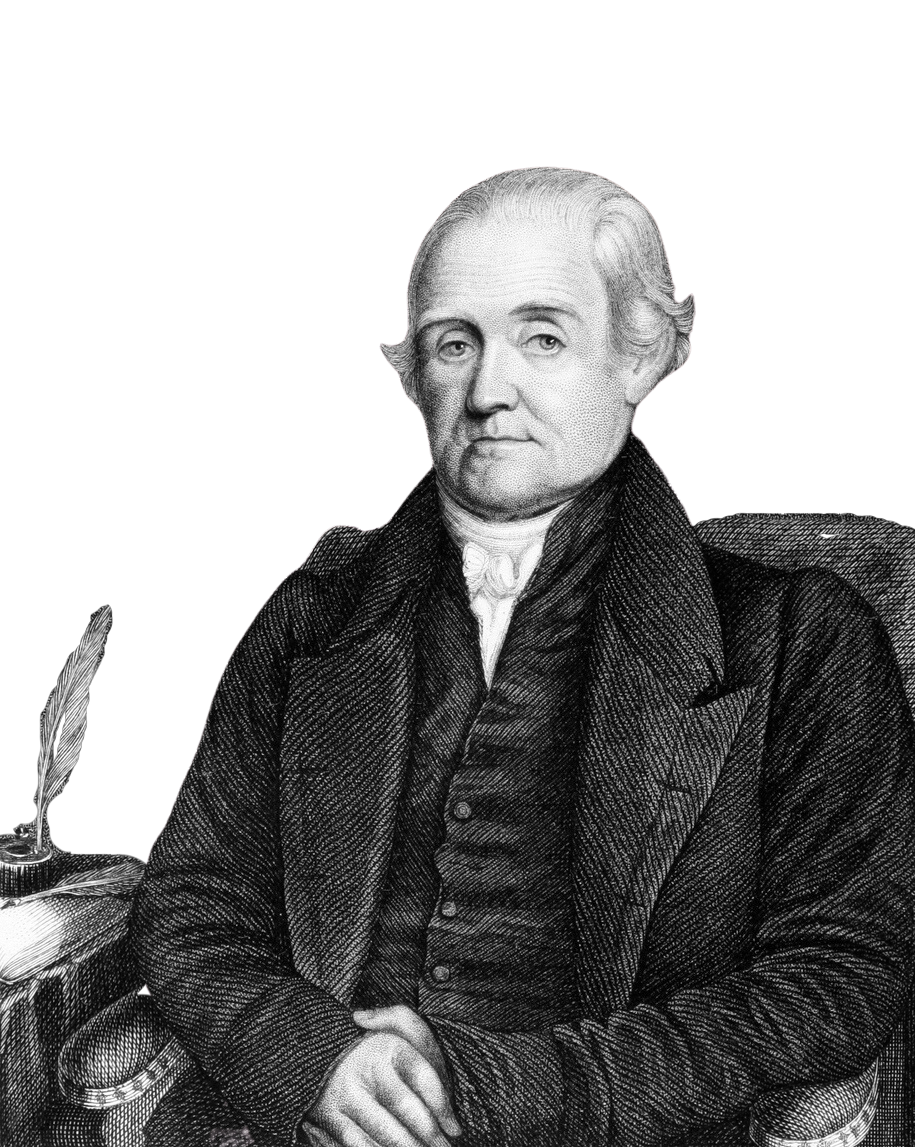
Noah Webster, Jr. (October 16, 1758 – May 28, 1843) is widely known as the Father of America’s Scholarship and Education. He came of age during the time of the American Revolution. He was a strong supporter of the Constitutional Convention and dedicated his life to causes he believed would make a stronger nation.
Noah Webster believed in the developing cultural independence of the United States. He thought that a distinctive American language was important to the success of the union. His first effort to help with the unifying language was A Compendious Dictionary of the English Language, the first truly American dictionary, which he published in 1806. He then expanded that effort by learning 26 different languages, reflecting the languages of ethnic communities found in the United States, and in 1828 he published An American Dictionary of the English Language.
In addition to helping shape the language usage of early Americans, Noah Webster was an education reformer and the author of several textbooks. He believed in the importance that citizens in the various states would have the opportunity to learn and acquire a similar knowledge base, creating a competitive advantage for all.
While Webster published several successful textbooks, one of the most used was A Grammatical Institute of the English Language, otherwise known as the Blue Back Speller, in 1783. It became the staple for teaching children for well over a century and was central to the education of several generations of early Americans. Benjamin Franklin reportedly taught his granddaughter to read, spell, and pronounce words using “Old Blue Back”. This work by Webster is credited with helping to build “the most literate nation in the history of the West”.
Webster’s focus on education emphasized the fundamental pillars of learning and knowledge. In time, those pillars became widely known as the 3 Rs: reading, writing, and (a)rithmetic. The common understanding was that students who grasped these basic disciplines well would have the tools they needed to learn anything else required for their success in life.
Webster was also a pioneer in epidemiology, a newspaper editor, an early antislavery advocate, and a political activist.
Board of Directors
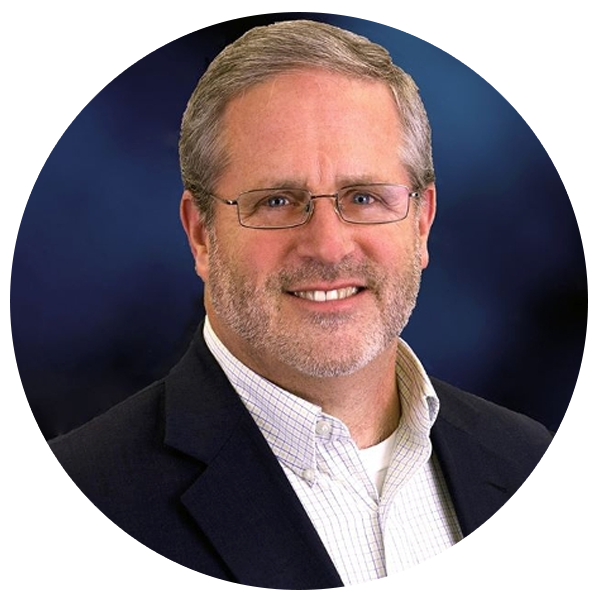
Melvin Adams Sr.
Founder
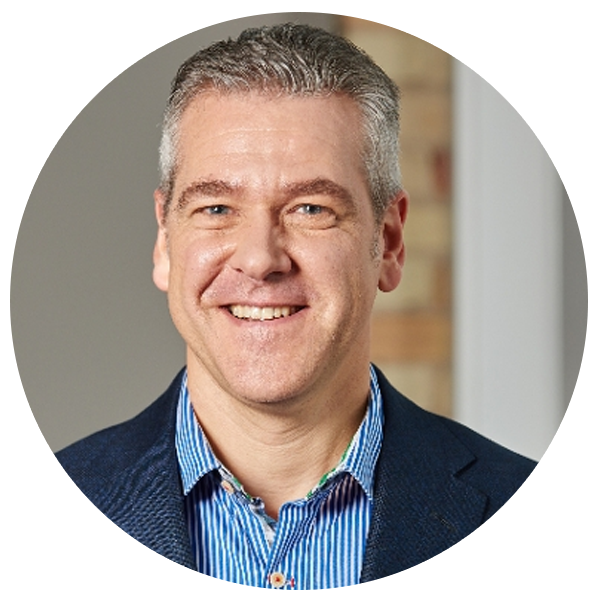
Lowell Martin
Board Chairman

Dr. Don Richardson
Board Member
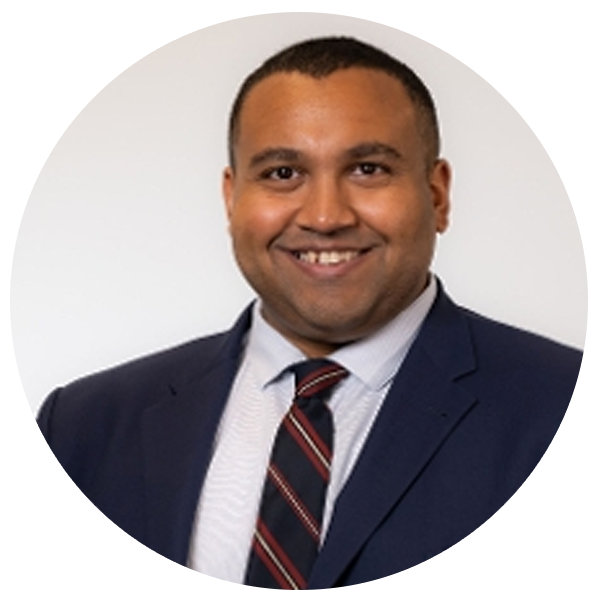
Josiah Gaiter
Board Treasurer
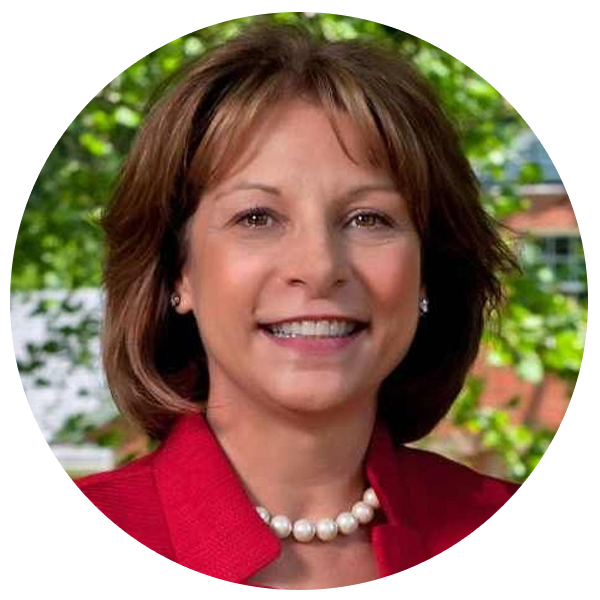
Debe Terhar
Board Secretary
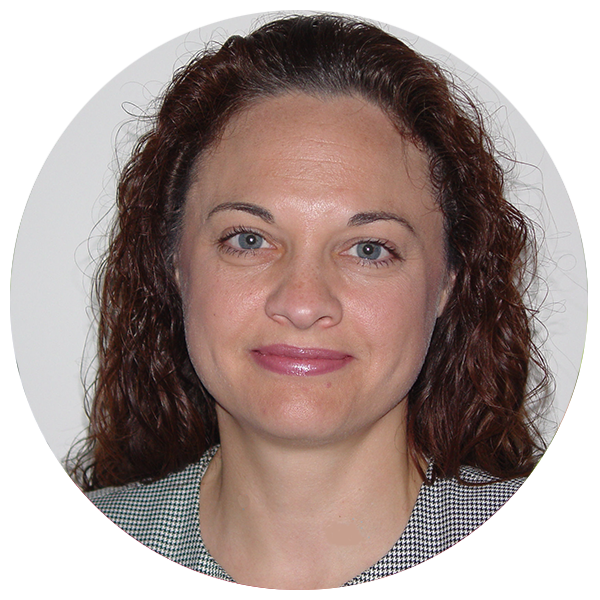
Erika LeBaron
Board Member
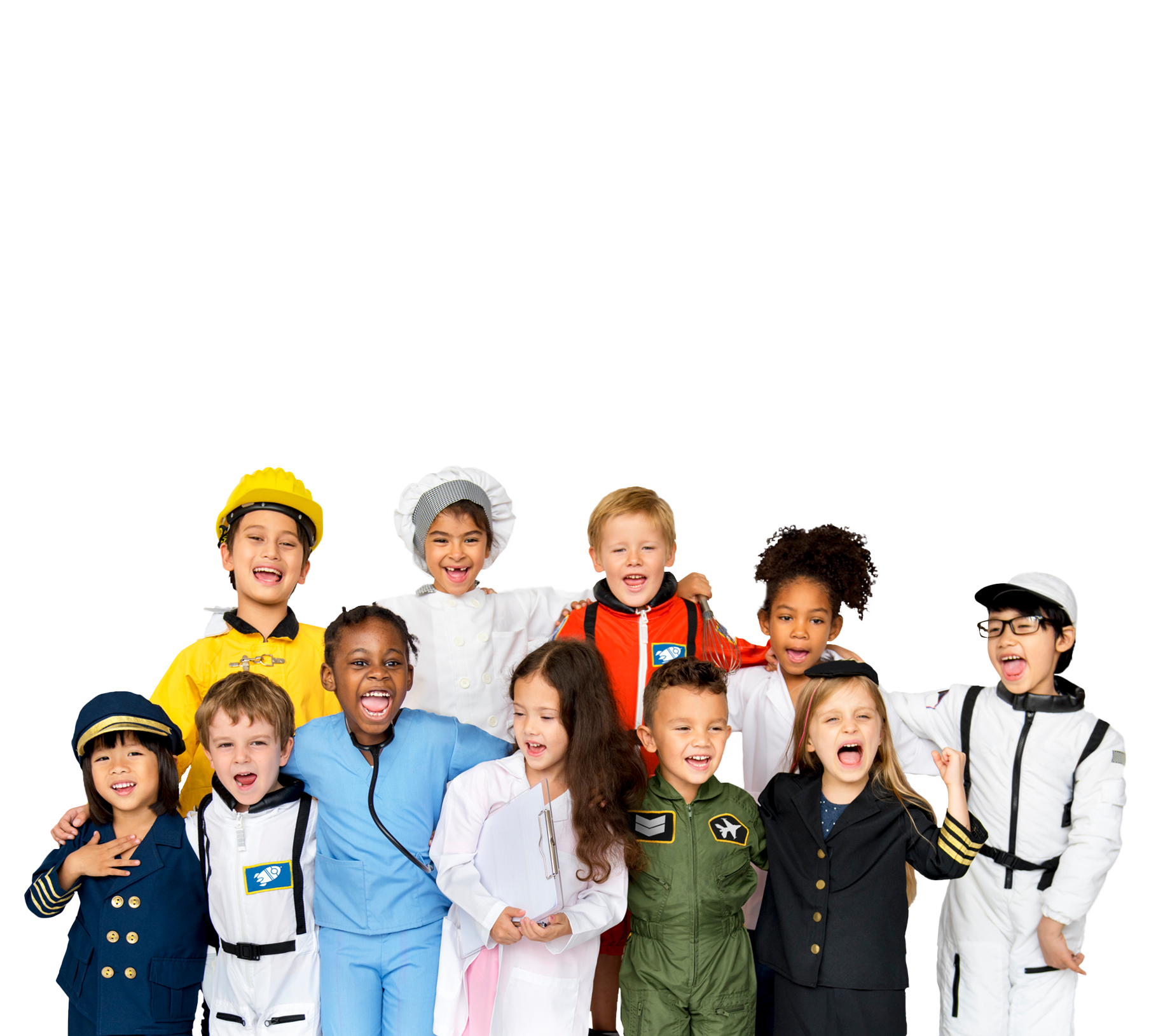
Sign up for updates
Sign up for NWEF’s email updates to stay current on national education news, policy alerts, our latest research articles and podcast guests, and new training opportunities.
